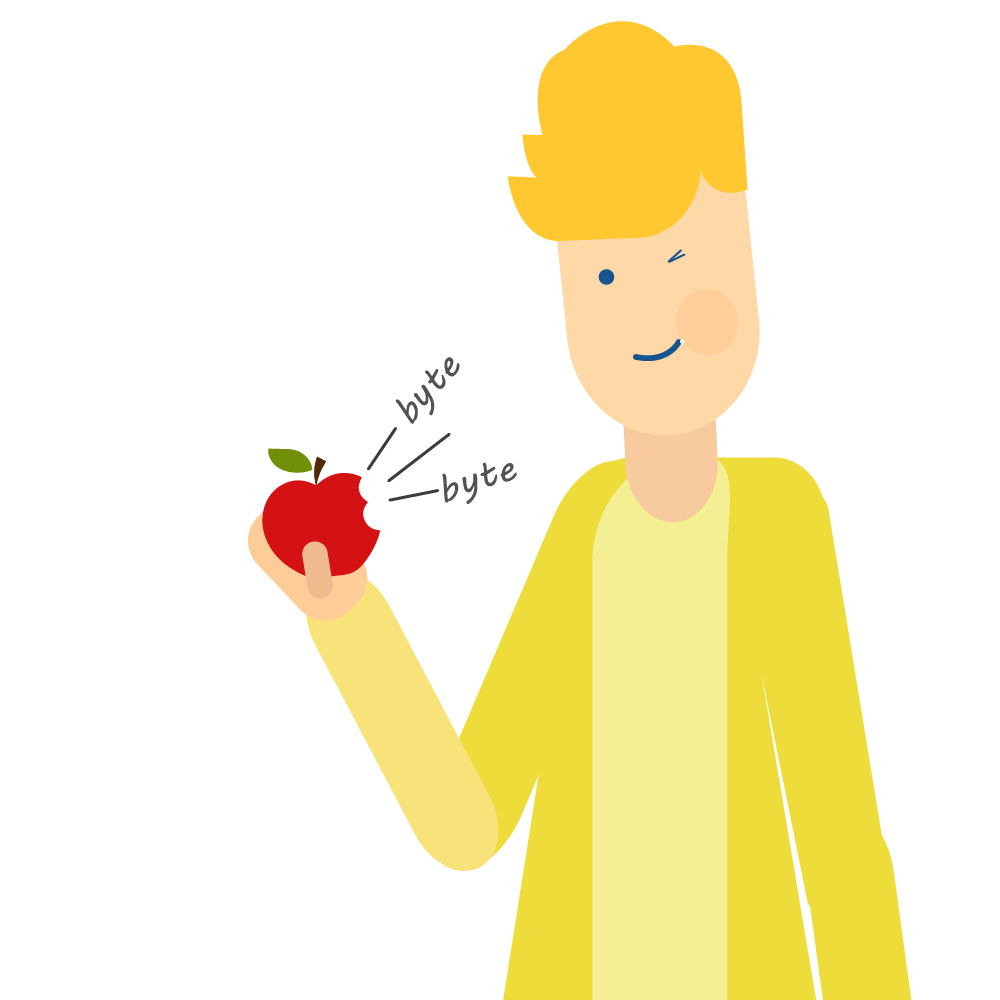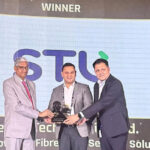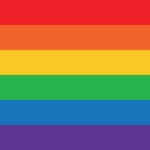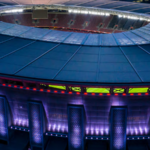Almost 23 years back, CERN made the World Wide Web technology available to everyone at no cost. Since then the internet has taken our world by storm, affecting every aspect of our personal as well as professional lives. It has completely revolutionized the way we communicate through online calls, social media or messaging apps. In almost everything we do, we require internet; be it ordering a burger, buying a mobile, chatting with distant friends, sending videos or pictures, watching movies online etc. According to Internet Statistics 2016 there are 3.26 billion internet users as of December 2015; that’s over 40% of the world population.
We, today, live in an Internet Age and the most important components of an Internet society are smart-phones and mobile data. With the proliferation of mobile internet and the introduction of new services, customers are heavily dependent on mobile data to carry out their day-to-day operation. For communication service providers (CSPs), mobile internet has become the ‘good returns’ services, which has overcome revenue saturation of traditional voice and SMS services. According to the Cisco Visual Networking Index (VNI) report, Global mobile data traffic reached 3.7 exabytes per month at the end of 2015. Looking at the above consumption trend, operators are coming up with multiple plans and offers pivoting around mobile data to target more and more internet savvy subscribers. Enormous data consumed also requires a billing system which is error free, and takes into account that customers will only pay for what they use. This can prove to be one of the most influential factors for a subscriber in CSPs selection.
Many CSPs are still using legacy rating and charging engines that are not tuned for data charging. The engine usually has a functionality to round off the mobile data usage of the customers to the next closest KB or in some cases, rounding off to the next MB. This is where a lot of data is unnecessarily billed to the customer.
For e.g. Glen is a customer who accesses his emails over the web, which consumed 8KB and 600 bytes of data at the end of a session, the legacy OCS engine will round off the data usage to 9 KB and the customer is wrongfully charged for additional 400 bytes which he has not consumed. This is just a case for one email session, but if we accumulate such sessions for a few days or months, the numbers would substantially add up and will be wrongly billed to the user. There is a serious breach of customer trust that he is only charged for what he consumes. In a way it can be rightly said that CSPs are cheating the subscribers without their knowledge.
Elitecore is designing its products keeping in mind, both the consumer as well as the customer. Based on trends, Elitecore has developed the solution in a soon to be launched product release. Elitecore’s real time Online Charging system (OCS) is now capable to rate and charge mobile data usage to the lowest possible level. The 3GPP compliant solution now supports, Byte based billing, helping CSP to rate and charge data usage in bytes.















